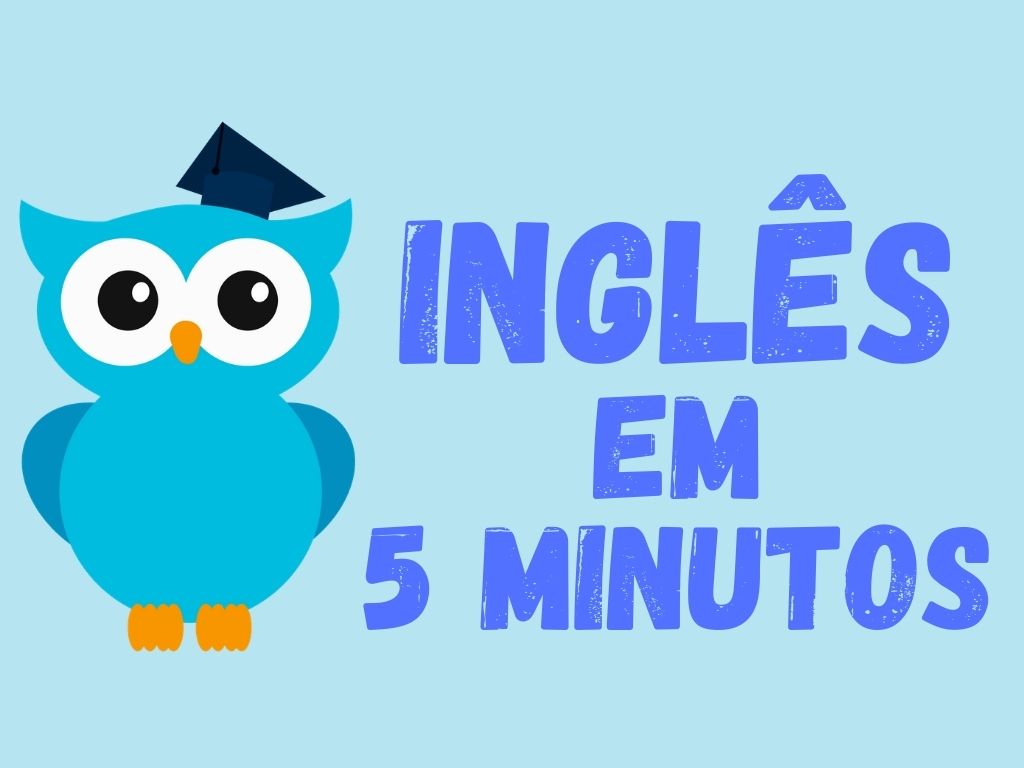Appreciate
To appreciate something is to understand its good
qualities.
I can appreciate the lovely scenery.
Apreciar
algo é compreender suas boas qualidades.
Posso
apreciar a bela paisagem.
Available
If something is available, it means you can get it.
There were many seats available in the room.
Se
algo está disponível, significa que você pode tê-lo.
Havia
muitos assentos disponíveis na sala.
Beat
To beat someone means to do better than they do.
I managed to beat everyone in the race.
Vencer
alguém significa fazer melhor do que eles.
Consegui
vencer todos na corrida.
Bright
If something is bright, it shows a lot of light.
The bright light from the explosion hurt my eyes.
Se
algo é brilhante, mostra muita luz.
A
luz brilhante da explosão feriu meus olhos.
Celebrate
To celebrate is to do something to show that an event
is special.
We all celebrated when we heard the great news.
Comemorar
é fazer algo para mostrar que um evento é especial.
Todos
nós comemoramos quando ouvimos a grande notícia.
Determine
To determine means to choose or make a decision.
He tried to determine which one to eat first.
Determinar
significa escolher ou tomar uma decisão.
Ele
tentou determinar qual comer primeiro.
Disappear
To disappear means to go away or not be seen.
The top of the building is disappearing in the clouds.
Desaparecer
significa ir embora ou não ser visto.
O
topo do edifício está desaparecendo nas nuvens.
Else
If you talk about something else, you talk about
something different.
Wanted a bike for my birthday, but I got something
else.
Se
você fala sobre outra coisa, você fala sobre algo diferente.
Queria
uma bicicleta no meu aniversário, mas ganhei outra coisa.
Fair
Fair describes treating someone in a way that is
reasonable or right.
He sold me his car for a fair price.
Justo
descreve o tratamento de alguém de maneira razoável ou correta.
Ele
me vendeu seu carro por um preço justo.
Flow
To flow is to move easily and continuously in one direction.
The water flowed over the rocks and into the lake.
Fluir
é mover-se fácil e continuamente em uma direção.
A
água fluiu sobre as rochas e no lago.
Forward
If you move forward, you move in the direction in
front of you.
When he saw his mother, the baby crawled forward to
her.
Se
você avançar, você se move na direção à sua frente.
Quando
ele viu sua mãe, o bebê engatinhou para ela.
Hill
A hill is a round area of land. It is higher than the
land around it.
The sun was rising above the green hills.
Uma
colina é uma área redonda de terra. É mais alto do que a terra ao seu redor.
O
sol estava nascendo acima das colinas verdes.
Level
A level is a point on a scale that measures something.
Please check the level of the temperature.
Um
nível é um ponto em uma escala que mede algo.
Verifique
o nível da temperatura.
Lone
If someone or something is lone, they are the only one
of that kind.
A lone man walked along the street.
Se
alguém ou algo está sozinho, eles são os únicos desse tipo.
Um
homem solitário caminhava pela rua.
Puddle
A puddle is a pool of liquid on the ground.
When the ice melted, it formed a puddle.
Uma
poça é uma quantidade de líquido no chão.
Quando
o gelo derreteu, formou uma poça.
Response
A response is the answer to a question.
He asked if I was sad. My response was “No.”
Uma
resposta é a resposta a uma pergunta.
Ele
perguntou se eu estava triste. Minha resposta foi “Não”.
Season
A season is a time of the year: spring, summer, fall
or winter.
Fall is a warm season, while winter is very cold.
Uma
estação é uma época do ano: primavera, verão, outono ou inverno.
O
outono é uma estação quente, enquanto o inverno é muito frio.
Solution
A solution is a way to solve a problem.
There are many problems. We need solutions!
Uma
solução é uma maneira de resolver um problema.
Existem
muitos problemas. Precisamos de soluções!
Waste
To waste means to carelessly use something all up.
Turn off the water so you don’t waste it.
Desperdiçar
significa usar algo descuidadamente.
Desligue
a água para não desperdiçá-la.
Whether
You use whether when you must choose between two
things.
I could not decide whether to go left or right.
Você
usa se quando precisa escolher entre duas coisas.
Eu
não conseguia decidir se ia para a esquerda ou para a direita.
The
Race for Water
There was a town next to a river. The people there had
a lot of water. But they wasted it. That made the Sky angry. It said, “If you
waste water, I will take it away from you.” But the people didn’t listen. When
the season changed from spring to summer, the clouds disappeared. The bright
sun was hot and made the river dry. There was no water available. People asked,
“When will the rain fall?” The Sky’s response was, “You don’t appreciate water.
You waste it, and now I will never make rain again.” A boy determined that this
wasn’t fair. He thought of a solution. He asked the Sky to race him. He said,
“If I get to the top of that hill before your rain can form puddles, you must
fill our river.” The Sky laughed. “Little boy, I am the Sky. I am above
everything else. You cannot beat me.” But the boy knew he would win. When the
race began, the boy ran forward. The Sky started raining on the hill. But
puddles did not form there. When it rained on the hill, the water went down.
The Sky kept raining. The water flowed down into the river. When the boy
reached the top of the hill, the river was full. The people began to celebrate.
It was the highest level the river had ever been at before. The Sky was angry.
“A boy can’t beat me! I won’t fill your river,” it said. Now the boy laughed.
“It doesn’t matter whether you want to fill it or not,” he said. “You already
did.” The Sky looked at the full river. “You tricked me,” it said. It asked the
people, “Do you appreciate water now?” “Yes,” they said. “We won’t waste it.”
That is how a lone boy saved his town and won the race for water.
A
corrida pela água
Havia uma cidade perto de um rio. As pessoas lá tinham muita água. Mas eles desperdiçavam. Isso deixou o céu com raiva. Ele disse: “Se vocês desperdiçarem água, eu a tirarei de você”. Mas o povo não ouviu. Quando a estação mudou da primavera para o verão, as nuvens desapareceram. O sol forte estava quente e deixou o rio seco. Não havia água disponível. As pessoas perguntavam: “Quando vai cair a chuva?” A resposta do céu foi: “Vocês não gostam de água. Vocês a desperdiçaram e agora nunca mais farei chover. Um menino decidiu que isso não era justo. Ele pensou em uma solução. Ele pediu ao céu para correr com ele. Ele disse: “Se eu chegar ao topo daquela colina antes que sua chuva possa formar poças, você deve encher nosso rio”. O céu riu. “Menino, eu sou o Céu. Eu estou acima de tudo. Você não pode me vencer." Mas o menino sabia que venceria. Quando a corrida começou, o menino correu para a frente. O céu começou a chover no morro. Mas as poças não se formaram ali. Quando chovia no morro, a água baixava. O céu continuou chovendo. A água desceu para o rio. Quando o menino chegou ao topo da colina, o rio estava cheio. O povo começou a comemorar. Foi o nível mais alto em que o rio já esteve antes. O céu estava com raiva. “Um menino não pode me vencer! Não vou encher o seu rio”, dizia. Agora o menino riu. “Não importa se você quer enchê-lo ou não”, disse ele. "Você já fez." O Céu olhou para o rio cheio. "Você me enganou", disse. Ele perguntou às pessoas: “Vocês apreciam a água agora?” “Sim”, eles disseram. “Não vamos desperdiçá-la.” Foi assim que um menino solitário salvou sua cidade e venceu a corrida pela água.

